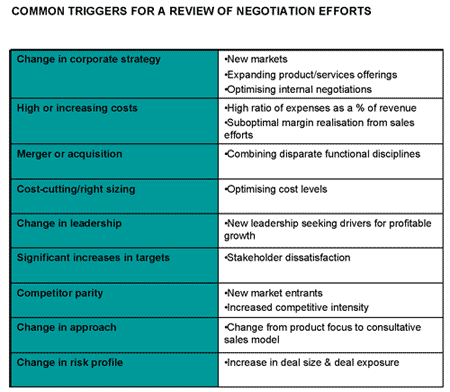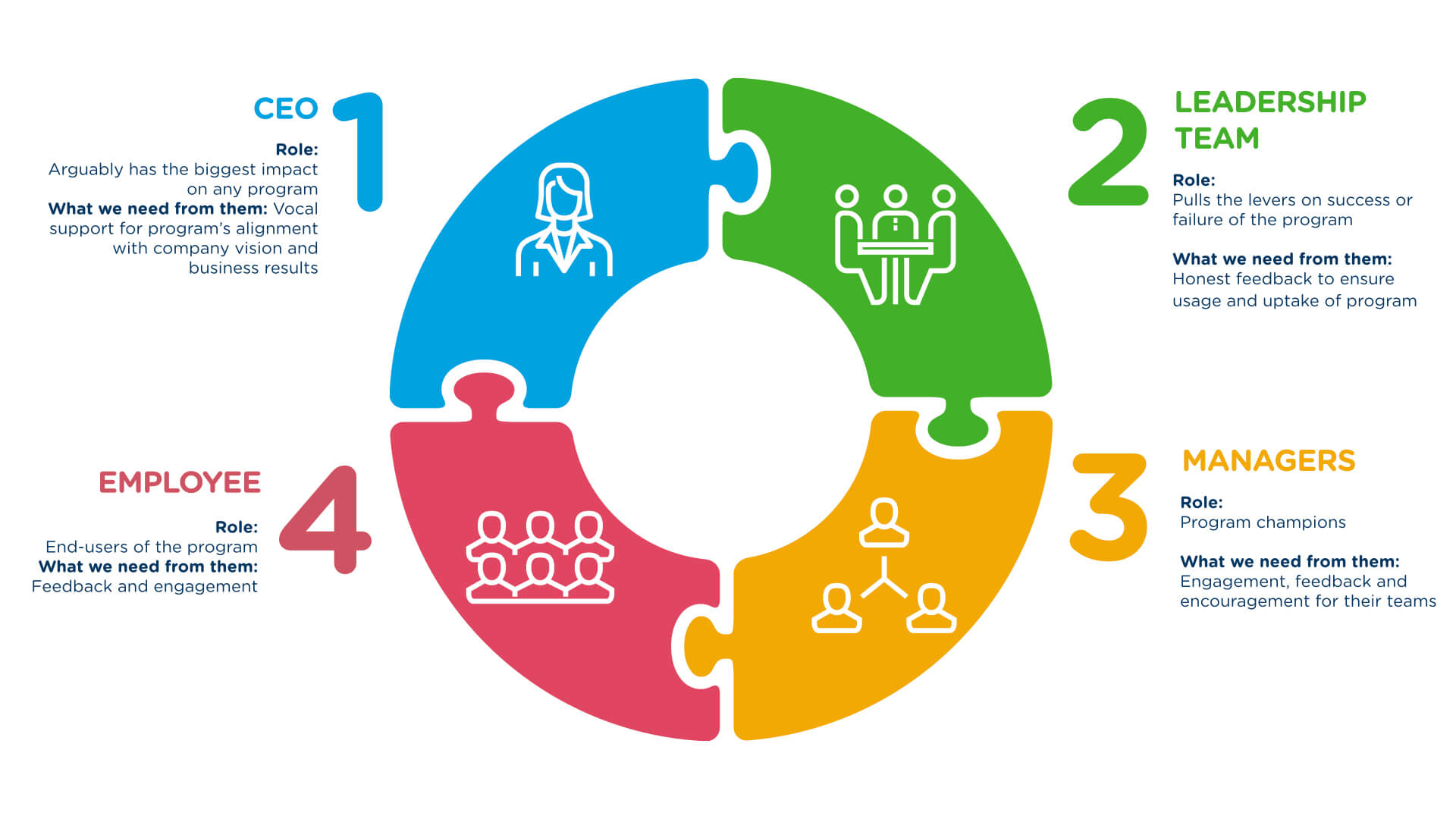Professional development
Mastering Negotiation: Essential Business Skills

Mastering Negotiation: Essential Business Skills
Negotiation is a fundamental aspect of business, influencing outcomes, relationships, and overall success. In this article, we explore the importance of business negotiation skills and delve into essential strategies for mastering this critical skill set.
Understanding the Significance of Negotiation Skills
Business negotiation skills are pivotal in various scenarios, from closing deals and partnerships to resolving conflicts and securing favorable terms. The ability to negotiate effectively is a cornerstone of successful business interactions. Understanding the significance of negotiation skills empowers professionals to navigate complex situations with confidence.
Building Strong Communication Foundations
Effective negotiation begins with strong communication skills. Clear and articulate communication lays the foundation for successful negotiations. Professionals need to express their ideas, listen actively to others, and convey their positions persuasively. Building strong communication foundations fosters a collaborative atmosphere and sets the stage for constructive dialogue.
Cultivating Empathy and Emotional Intelligence
Negotiation is not solely about numbers and terms; it involves understanding the human aspect of interactions. Cultivating empathy and emotional intelligence enables negotiators to grasp the perspectives and emotions of all parties involved. This understanding facilitates smoother negotiations and helps build trust and rapport.
Setting Clear Goals and Objectives
Before entering negotiations, it is crucial to set clear goals and objectives. Understanding what you want to achieve and defining your priorities allows for focused and purposeful negotiation. Clear goals provide a roadmap for the negotiation process, guiding decision-making and ensuring that outcomes align with strategic objectives.
Research and Preparation for Informed Negotiations
Informed negotiations require thorough research and preparation. Knowing the facts, understanding the market, and being aware of the other party’s positions contribute to negotiating from a position of strength. Preparation includes anticipating potential challenges, crafting responses, and developing alternative solutions to address various scenarios.
Effective Problem-Solving Techniques
Negotiations often involve overcoming obstacles and finding solutions to complex issues. Effective problem-solving techniques, such as brainstorming, exploring creative alternatives, and fostering a collaborative problem-solving approach, contribute to successful negotiations. The ability to navigate challenges positively enhances the negotiation process.
Flexibility and Adaptability in Dynamic Situations
Business environments are dynamic, and negotiations can take unexpected turns. Flexibility and adaptability are essential skills in responding to changing circumstances. Being open to adjusting strategies, exploring new options, and adapting to evolving situations allows negotiators to maintain control and maximize opportunities.
Mastering the Art of Compromise
Compromise is a fundamental element of successful negotiations. Knowing when and how to compromise without sacrificing core objectives is an art. Mastering the art of compromise involves finding common ground, understanding trade-offs, and ensuring that negotiated outcomes are mutually beneficial.
Negotiation Ethics and Integrity
Maintaining ethical standards and integrity is paramount in business negotiations. Trust is a critical component of successful negotiations, and ethical behavior builds trust between parties. Professionals should prioritize honesty, transparency, and fairness throughout the negotiation process to foster long-term relationships.
Continuous Learning and Improvement
Business negotiation is a skill that can always be refined and improved. Embracing a mindset of continuous learning involves seeking feedback, analyzing
Empowering Excellence: Business Education and Training Programs

Empowering Excellence: Business Education and Training Programs
Business education and training programs play a pivotal role in shaping the skills and competencies of professionals across industries. In this article, we delve into the significance of these programs, exploring how they empower individuals and contribute to the overall success of businesses.
The Evolving Landscape of Business Education
The landscape of business education has evolved significantly, adapting to the changing needs of the corporate world. Modern business education programs go beyond traditional classroom settings, incorporating online courses, workshops, and experiential learning opportunities. This evolution ensures that professionals receive diverse and dynamic education experiences.
Tailoring Education to Industry Demands
One of the key strengths of business education programs is their ability to tailor curricula to meet industry demands. These programs focus on providing practical, real-world skills that are directly applicable to the challenges professionals face in their respective fields. This alignment between education and industry needs enhances the relevance and effectiveness of the learning experience.
Professional Development: Beyond Academic Degrees
Business education and training programs contribute significantly to professional development. While academic degrees are essential, specialized training programs offer targeted skill enhancement. Whether it’s mastering a new software, improving leadership abilities, or gaining insights into emerging industry trends, these programs empower professionals to stay competitive and relevant.
Leadership Training: Nurturing Tomorrow’s Leaders
Effective leadership is a cornerstone of successful businesses. Business education programs, particularly those focused on leadership training, play a crucial role in nurturing tomorrow’s leaders. These programs emphasize strategic thinking, decision-making skills, and the ability to navigate complex business landscapes, preparing individuals to take on leadership roles with confidence.
Adapting to Technological Advancements
In the era of rapid technological advancements, staying abreast of the latest tools and innovations is vital for professionals. Business education and training programs integrate technology into their curricula, ensuring that individuals are not only familiar with current technologies but are also equipped to leverage them for enhanced productivity and efficiency.
Entrepreneurial Education: Fostering Innovation
Entrepreneurial education programs contribute to fostering innovation and a spirit of entrepreneurship. These programs guide individuals through the intricacies of starting and running a business, providing insights into market dynamics, risk management, and creative problem-solving. Empowering individuals with entrepreneurial skills drives innovation within organizations.
Soft Skills Development: Enhancing Interpersonal Competence
In addition to technical expertise, business education programs emphasize the development of soft skills. Effective communication, teamwork, adaptability, and emotional intelligence are integral components of these programs. Enhancing interpersonal competence is essential for professionals to collaborate seamlessly and contribute positively to their work environments.
Global Perspective: Navigating the International Business Arena
As businesses operate on a global scale, having a comprehensive understanding of international markets and cultures is imperative. Business education and training programs with a global focus provide individuals with the knowledge and skills needed to navigate the complexities of the international business arena, fostering a global mindset among professionals.
Networking Opportunities: Building Professional Connections
Business education programs offer invaluable networking opportunities. Whether through collaborative projects, industry events, or alumni networks, these
Elevating Business Success Through Employee Engagement

Elevating Business Success Through Employee Engagement
Employee engagement is not merely an HR buzzword; it is a transformative force that can significantly impact the success and sustainability of businesses. By fostering a culture of engagement, companies empower their workforce, enhance productivity, and create an environment conducive to innovation and growth.
Understanding the Essence of Employee Engagement
Employee engagement goes beyond job satisfaction. It is a holistic approach that encompasses an employee’s emotional commitment, passion for their work, and alignment with the company’s values and goals. Engaged employees are not just content; they are motivated, dedicated, and actively contribute to the success of the organization.
Building a Positive Workplace Culture
A positive workplace culture is the bedrock of employee engagement. Companies need to cultivate an environment where employees feel valued, respected, and included. Open communication, transparency, and a sense of belonging contribute to a positive culture that, in turn, fuels engagement.
Effective Communication: A Cornerstone of Engagement
Communication is a two-way street, and fostering engagement requires transparent and effective communication channels. From sharing company goals to providing regular feedback and recognition, communication builds trust and keeps employees informed and motivated.
Recognition and Appreciation Fueling Engagement
Employees crave recognition for their contributions. Recognizing and appreciating achievements, big or small, instills a sense of pride and motivates employees to continue putting in their best effort. Acknowledgment is a powerful tool in creating a culture of appreciation and engagement.
Empowering Employees Through Professional Development
Investing in professional development opportunities demonstrates a commitment to employees’ growth. Whether through training programs, mentorship initiatives, or educational support, empowering employees with tools for career advancement fosters a sense of loyalty and engagement.
Flexible Work Arrangements for Work-Life Balance
Work-life balance is a significant factor in employee satisfaction and engagement. Offering flexible work arrangements, such as remote work options or flexible hours, shows an understanding of employees’ diverse needs and contributes to a healthier work-life equilibrium.
Creating Opportunities for Employee Input and Feedback
Engaged employees want to feel that their opinions matter. Creating channels for employee input and feedback not only provides valuable insights but also makes employees feel valued and involved in the decision-making process. This participatory approach fosters a sense of ownership and commitment.
Social Connectivity and Team Building
A sense of belonging is crucial for engagement, especially in larger organizations. Social activities and team-building exercises create opportunities for employees to connect on a personal level, fostering a supportive and collaborative work environment.
Leadership’s Role in Nurturing Engagement
Leadership plays a pivotal role in shaping the engagement landscape. Leaders should exemplify the values of the organization, communicate a compelling vision, and actively support and recognize their teams. When leadership prioritizes and champions engagement, it permeates throughout the entire organization.
Measuring and Adapting Engagement Strategies
Regularly measuring employee engagement allows businesses to understand the effectiveness of their strategies. Employee surveys, feedback sessions, and performance metrics provide valuable data to assess engagement levels and identify areas for improvement. Continuous adaptation of engagement strategies ensures their relevance and impact.
Elevating
Mastering Business Networking: Proven Tips for Success

Mastering Business Networking: Proven Tips for Success
Networking is a cornerstone of professional success, opening doors to opportunities, collaborations, and growth. Whether you’re a seasoned professional or just starting in your career, mastering the art of business networking can significantly impact your professional journey.
Build a Strong Online Presence
In today’s digital age, online networking is just as important as face-to-face interactions. Ensure your online presence is polished and professional. Optimize your LinkedIn profile, engage in industry-specific forums, and share relevant content to establish yourself as an authority in your field.
Attend Networking Events Strategically
Networking events provide a platform for connecting with industry peers and potential collaborators. However, attending every event may not be practical. Choose events strategically based on your industry, goals, and target audience. Quality interactions at a few events often yield better results than a large quantity of superficial connections.
Perfect Your Elevator Pitch
Craft a concise and compelling elevator pitch that succinctly communicates who you are, what you do, and what makes you unique. This is your opportunity to make a memorable impression, so ensure your pitch is clear, engaging, and tailored to your audience.
Listen More Than You Speak
Effective networking is not just about talking; it’s equally about listening. Take the time to understand the needs and goals of the people you meet. Ask open-ended questions, show genuine interest, and actively listen. This approach not only builds rapport but also helps you identify ways to add value to your connections.
Follow Up Promptly and Professionally
After making a new connection, follow up promptly. Send a personalized email expressing your pleasure in meeting them and referencing specific points from your conversation. Establishing a professional follow-up routine demonstrates your commitment to building meaningful relationships.
Offer Value to Your Network
Networking is a two-way street. Instead of focusing solely on what you can gain, consider what you can contribute to your network. Share valuable insights, connect people with similar interests, and be a resource. Offering value fosters a reciprocal relationship, making your network more robust and supportive.
Diversify Your Network
A diverse network brings a range of perspectives and opportunities. Connect with professionals from various industries, backgrounds, and career stages. Diversity in your network not only broadens your horizons but also enhances your problem-solving capabilities by tapping into a wealth of experiences.
Attend Workshops and Seminars
Participating in workshops and seminars not only enhances your skills but also provides excellent networking opportunities. Engage in discussions, ask questions, and connect with both presenters and attendees. These events often attract motivated and like-minded individuals, making them valuable networking hubs.
Join Professional Associations
Professional associations are hubs for networking within specific industries. Joining relevant associations not only demonstrates your commitment to your field but also provides access to a community of professionals. Attend association events, contribute to discussions, and leverage these platforms to expand your network.
Embrace the Power of Referrals
One of the most powerful aspects of networking is the potential for referrals. When your connections trust and
